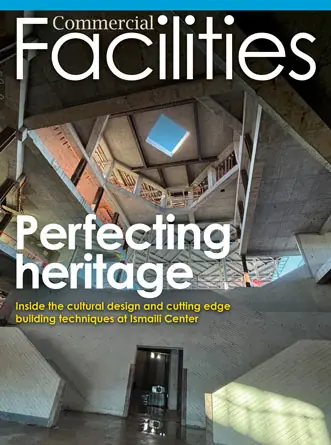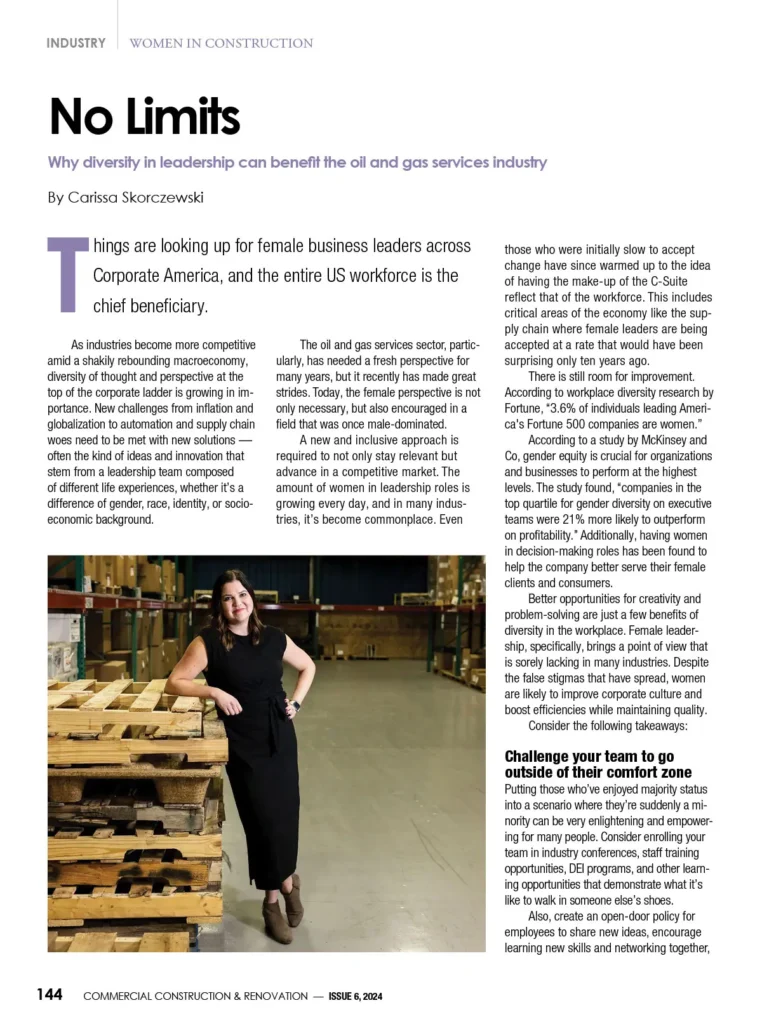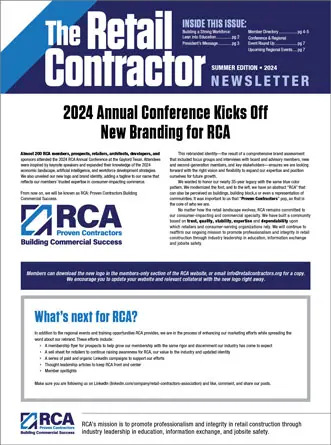In the intricate construction landscape, the blueprint for success extends far beyond bricks and mortar. It begins with the meticulous crafting of a construction business plan that serves as a guide in navigating the complexities of the industry.
That said, this article will explore key strategies, such as strategic planning, resource management, client relations, and more. This will unravel the secrets to building structures and a thriving and resilient construction enterprise.
- Strategic Planning
Crafting a meticulous construction business plan is the cornerstone of your strategic approach. Begin by outlining your mission, vision, and objectives. Delineate your target market and competition, identifying unique selling propositions that set your business apart.
Embrace a forward-thinking mindset, anticipating market trends and aligning your strategies with future demands. A strategic plan serves as your compass, guiding decision-making processes and ensuring a cohesive trajectory toward success.
- Resource Management
Effective resource management is the backbone of construction success. Streamline operations by optimizing workflows, utilizing cutting-edge technology, and investing in employee training. Foster a culture of accountability and teamwork, ensuring every team member understands their role in achieving project milestones.
Furthermore, implement robust project management systems to monitor timelines, budgets, and resource allocations. By harmonizing your resources, you can enhance efficiency and elevate the overall quality of your projects.
- Client Relations
In the construction industry, client satisfaction is a non-negotiable catalyst for success. Nurture transparent and open communication channels with clients, informing them about project progress and potential challenges.
Prioritize client needs, addressing concerns promptly and demonstrating flexibility when necessary. Establishing a reputation for reliability and client-centric service will ensure repeat business and drive positive word-of-mouth referrals.
- Risk Mitigation
Construction projects inherently involve risks, and adept risk management is essential. Identify potential pitfalls early on and develop contingency plans to mitigate unforeseen challenges. Collaborate with legal experts to ensure contracts are comprehensive and protective of your interests.
Cultivate relationships with reliable suppliers and subcontractors to minimize the impact of external factors on your projects. A proactive approach to risk management strengthens your resilience against industry uncertainties.
- Technological Integration
Embracing technology is no longer an option but a necessity for construction businesses aiming to stay competitive. Invest in cutting-edge project management software, Building Information Modeling (BIM), and other digital tools to streamline operations.
Utilize drones and other advanced surveying technologies to enhance site analysis and project planning. By integrating technology into your workflows, you improve efficiency and position your business as a forward-thinking industry player.
- Sustainability
The construction industry is increasingly embracing sustainability as a core principle. Integrate eco-friendly practices into your projects, adhering to green building standards and minimizing environmental impact.
Embrace energy-efficient technologies and materials to future-proof your projects and appeal to environmentally conscious clients. By aligning with sustainable practices, you can contribute to a healthier planet and position your business as a forward-thinking industry leader.
- Transparent Client Communication
Educating clients about the intricacies of construction projects is crucial for building trust and ensuring satisfaction. Provide detailed explanations of project timelines, budget allocations, and potential challenges.
Create user-friendly project dashboards or reports to inform clients about progress in a visually accessible manner. Transparent communication reduces misunderstandings and establishes your business as a trustworthy partner committed to client satisfaction.

- Employee Morale
Your workforce is the backbone of your construction business. Cultivate a positive work environment by prioritizing employee well-being, offering professional development opportunities, and recognizing outstanding contributions.
It’s worth noting that a motivated and satisfied workforce is more likely to exhibit a commitment to project success, fostering a culture of excellence within your organization.
- Responsible Financial Management
Sound financial management is the bedrock of a successful construction venture. Implement rigorous budgetary controls, regularly monitoring expenses and revenue streams. Diversify revenue sources to mitigate financial risks associated with market fluctuations.
Establish strong relationships with financial institutions to secure favorable project funding options. By practicing prudent fiscal management, you ensure your construction business’s financial stability and longevity.
- Continuous Learning
In an industry marked by technological advancements and evolving best practices, fostering a culture of continuous learning is paramount. Invest in ongoing training for your workforce to keep them abreast of the latest construction methods, safety protocols, and technological innovations.
Encourage certifications and memberships in professional associations to ensure your team remains at the forefront of industry knowledge. A well-informed workforce contributes to project efficiency and elevates your business’s reputation.
- Community Engagement
Establishing a strong presence within the local community is beneficial for your brand and project success. Engage in community outreach programs, sponsor local events, and participate in civic initiatives.
In addition, building positive relationships within your community enhances your company’s image and fosters goodwill, which can be instrumental in securing local projects and partnerships.
- Market Diversification
Reducing reliance on a single market segment is vital to long-term sustainability. Identify and pursue opportunities in diverse construction niches like residential, commercial, and infrastructure projects.
This diversification shields your business from market-specific downturns and opens avenues for growth in different sectors. In addition, a well-rounded portfolio positions your company as versatile and adaptable to various project requirements.
- Customer Feedback
A construction business’s growth is deeply intertwined with customer satisfaction. Actively seek and welcome customer feedback throughout the project lifecycle. Implement feedback loops to assess project performance, identify areas for improvement, and refine your processes.
By prioritizing customer input, you enhance the overall quality of your services and demonstrate a commitment to continuous improvement, which resonates positively with existing and potential clients.
- Prioritizing Worker Well-Being
While meeting legal requirements is non-negotiable, going above and beyond in prioritizing safety is an investment in your company’s reputation. A strong safety record speaks volumes about your commitment to employee well-being and makes a positive impression on clients, subcontractors, and regulatory bodies.
Remember that a reputation for a safe work environment can enhance your standing within the industry, leading to increased trust, repeat business, and a competitive edge in securing new projects.
Conclusion
Building a thriving construction business requires a holistic approach that extends beyond operational efficiency. By incorporating customer feedback, practicing sound financial management, diversifying market segments, prioritizing continuous learning, engaging with the local community and more, you fortify your foundation.
Keep in mind that your journey towards construction success is an ongoing narrative, and by adhering to these principles, you pave the way for a future marked by growth, stability, and industry leadership.











 The 2024 virtual Men’s Round Table will be held Q4, 2024, date TBD.
The 2024 virtual Men’s Round Table will be held Q4, 2024, date TBD.












